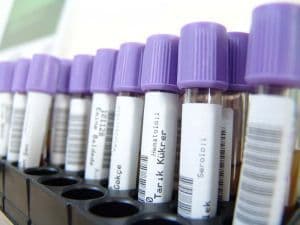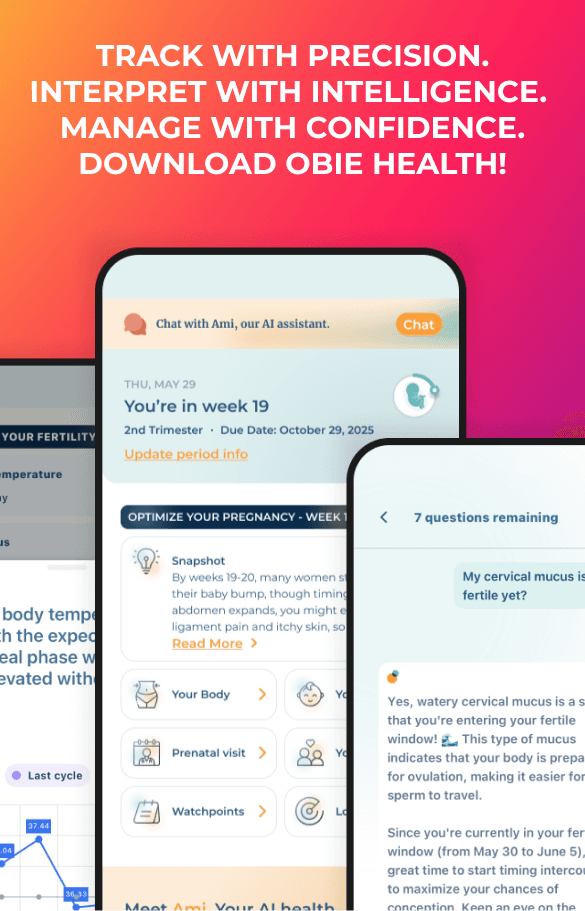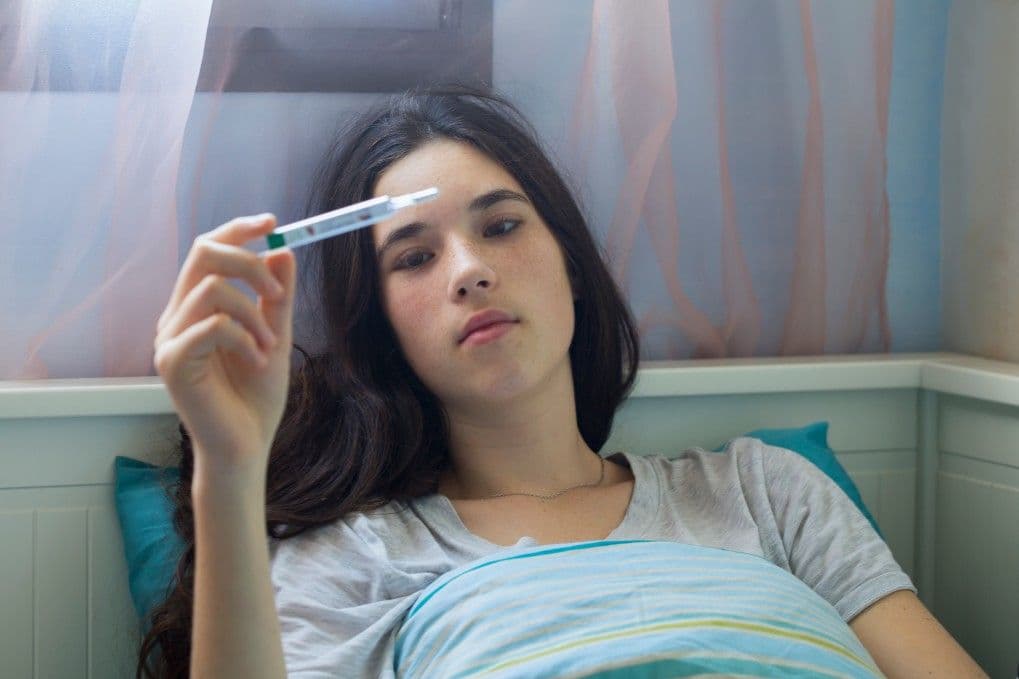Blood Type Calculator
Laboratory Tests
Obie Editorial Team

Our interactive blood group calculator determines a baby's probable blood types for the ABO system based on the parents' blood type and vice versa.
People have molecules called antigens on the surface of their red blood cells. The two most important ones are ABO system antigens and the Rh system.
The ABO blood group system
- If you have A antigens covering your red cells, then you have blood group A and you also have B-antibodies.
- If you have B antigens covering your red cells, then you have blood group B and you also have A antibodies.
- If you have both A and B antigens covering your red cells, then you have blood group AB and no A or B antibodies.
- If you have neither A nor B antigens covering your red cells then you have blood group O and both A and B antibodies
Here are possible blood types for a child based on the blood types of the parents:
Parents |
A |
B |
AB |
O |
A |
A, O | A, B, AB, O | A, B, AB | A, O |
B |
A, B, AB, O | B, O | A, B, AB | B, O |
AB |
A, B, AB | A, B, AB, | A, B, AB | A, B |
O |
A, O | B, O | A, B | O |
The Rhesus (Rh) system
Besides A and B there is another important antigen on red blood cells, the Rh antigen which is also known as the D-Antigen.
- If the Rh antigen is present, then the blood is RhD positive.
- If the Rh antigen is not present, then the blood is RhD negative.
Does the population of Rh-positive people change?
The number of people who are Rh-positive varies by population. Among white Europeans, about 16% of the population will have Rh-negative blood types (and 84% will be Rh-positive). In other populations of the world, the frequency of Rh negative types will be much lower; in Africans, only 9 people in 10,000 will be Rh-negative, and in the non-African, non-European portion of the world, only 1 person in 10,000 will be Rh-negative.
In the United States, about 15% of the general population is Rh-negative; almost 20% of European Americans are Rh negative (because many Americans have western European ancestry), and approximately 5-10% of African Americans are Rh negative (because of the flow of European genes into the African American population). Fewer than 1% of Asians and Native Americans are Rh-negative.
Blood type and fertility
For the most part, we all associate blood type with health problems and illnesses. Many people don’t pay much attention to their blood type until the time comes when they need to know what it is. In fact, only the people that usually need transplants or transfusions have to worry about their blood type. However, if you’re thinking of becoming pregnant you should think about your blood type and your parrtner's type too. Studies show that a woman’s blood type might actually have something to do with her fertility and her ability to get pregnant.
Source: Edward J. Nejat et al: Implications of Blood Type for Ovarian Reserve. Human Reproduction Volume 26 Issue 9 pp. 2513-2517 2011
Read More











